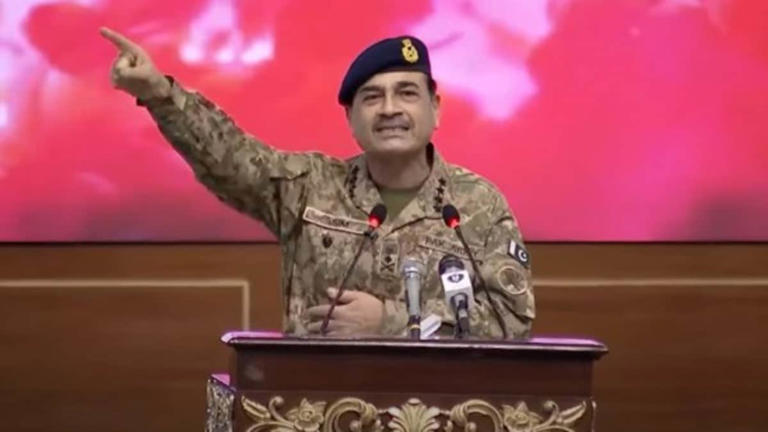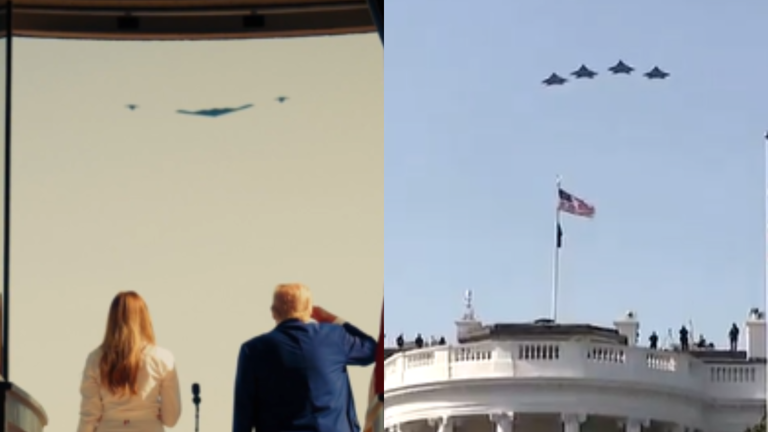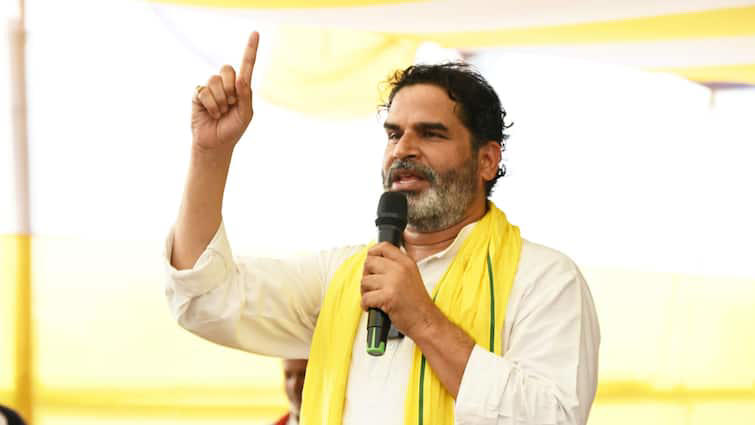A Humiliating Blow to Pakistan’s Military in Balochistan
In a direct challenge to Pakistan’s military authority, the Baloch Liberation Army (BLA) captured Surab city in Balochistan during Field Marshal Asim Munir’s high-profile visit to Quetta. As Munir delivered a speech warning India over Kashmir and reaffirming Pakistan’s commitment to fighting terrorism, the BLA seized the opportunity to carry out a stunning and symbolic offensive—taking over a strategically important urban center on the Quetta-Karachi highway.
The operation, part of the BLA’s “Operation Herof”, included occupation of government buildings, destruction of infrastructure, and the establishment of their own checkpoints. This marks one of the most bold, coordinated insurgent attacks in recent Balochistan history and represents a deepening threat to Pakistani control in the region.
Freedom Fighters Take Control of Surab City in Balochistan — claims BLA
— Megh Updates 🚨™ (@MeghUpdates) May 30, 2025
Baloch Liberation Army freedom fighters have taken complete control of Surab city. Fighters have seized key government installations, including the bank, Levies station and police station. Snap checking and… pic.twitter.com/GtX07gM03M
Operation Herof: Coordinated Urban Assault by the BLA
According to BLA spokespersons, insurgents successfully took control of Surab by targeting key state apparatuses: the Levies station, police headquarters, Deputy Commissioner’s office, banks, and state guest houses. Fires were set to government vehicles, and checkpoints were established to restrict Pakistani military movement along key highways. Notably, captured Levies and police personnel were later released, a gesture the BLA said was due to their shared Baloch ethnicity—a propaganda move to further isolate the state and build support among locals.
This operation highlights the evolving capabilities of the BLA, moving from sporadic ambushes and IED attacks to urban occupations and symbolic warfare aimed at delegitimizing state authority. Surab’s capture wasn’t just a military maneuver—it was a public relations strike meant to undermine Munir’s authority during his tour.
Freedom Fighters Take Control of Surab City in Balochistan — claims BLA
— Megh Updates 🚨™ (@MeghUpdates) May 30, 2025
Baloch Liberation Army freedom fighters have taken complete control of Surab city. Fighters have seized key government installations, including the bank, Levies station and police station. Snap checking and… pic.twitter.com/GtX07gM03M
Symbolism and Strategy: Undermining the Military Narrative
The timing of the Surab takeover during Asim Munir’s visit to Quetta was no coincidence. It was a calculated psychological operation. While Pakistan’s Army Chief emphasized strength and resilience, the insurgents demonstrated the opposite on the ground—weakness, vulnerability, and loss of control.
This contradiction between official rhetoric and reality is symbolically powerful. It showcases the growing gap between what Islamabad claims and what insurgents are increasingly capable of doing. Furthermore, this sends a strong signal not just to Pakistanis, but to external observers and foreign stakeholders—that Balochistan is far from pacified.
The event also further embarrasses the Pakistani military on the international stage, as media narratives shift from anti-terror victories to questions about how secure Balochistan really is under military-dominated governance.
Regional Fallout: CPEC, Chinese Interests, and Baloch Identity
Surab’s location on the Quetta-Karachi artery adds logistical value to its symbolic capture. But the consequences are not just national—they’re regional and international.
The BLA has increasingly targeted Chinese nationals and CPEC (China-Pakistan Economic Corridor) projects, accusing Beijing of exploiting Baloch resources in collaboration with the Pakistani state. Control of key routes like Surab allows insurgents to interdict trade, sabotage infrastructure, and challenge economic projects vital to both Pakistan and China.
Moreover, this incident further delegitimizes the provincial government, widely seen as a puppet administration controlled by Rawalpindi. It bolsters Baloch nationalist sentiment, with the BLA positioning itself as not just an armed group but a liberation force aligned with broader aspirations for self-determination.
The BLA’s occupation of Surab during Asim Munir’s visit to Quetta is not an isolated incident—it is a culmination of decades of unrest, broken promises, and militarized governance. It reveals how deeply Pakistan’s grip on Balochistan is being challenged, not just militarily, but politically and ideologically.





















